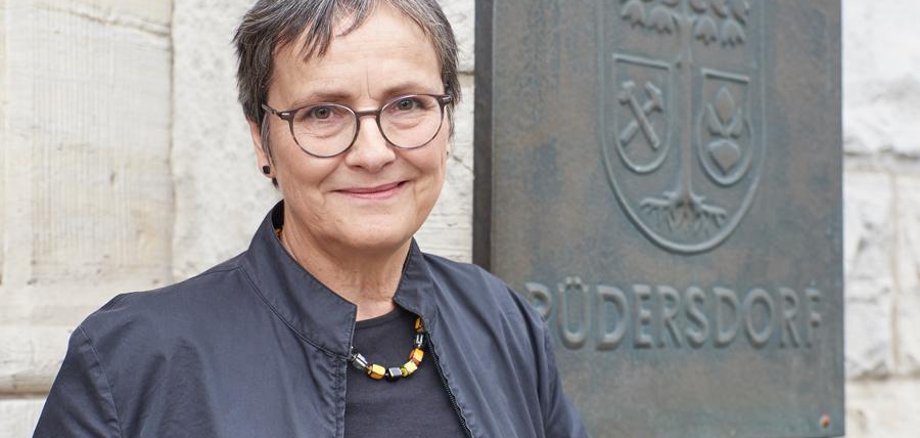Our lives are individual. It is often the small coincidences that determine the direction of each life path. In retrospect, they are usually difficult to grasp or reconstruct. But occasionally there are also major events that leave their mark on the collective memory of a society. These are events that, even decades later, you can still tell where you were at the exact time you learnt about them. Such experiences shape us and have a particular influence on the course of our lives.
There is no doubt that 3 October 1990 - the Day of German Unity - was one such day. One that suddenly changed a great deal and influenced millions of biographies. The borders were still closed at the beginning of November 1989 and few would have expected such a rapid pace of border opening and subsequent reunification.
It is not without a certain irony that the borders had to be closed again in the 30th year of German reunification. And so the generation that grew up with the feeling of freedom and open borders is currently experiencing what it feels like when borders are closed and freedom to travel is restricted, sometimes even within their own country.
A lot has changed in the last 30 years. Young people can study abroad, we can travel all over the world, in Europe mostly without border controls. The world is open to us. We can get to know and appreciate countries, people and other cultures. Personal freedoms are much more pronounced than they used to be. Today, no one would ever think of advising me not to study law because of my relationship to the West.
The enormous speed at which the two states were merged also shows how great the desire for change was. In retrospect, one may well ask whether we should not have taken a little more time for this.
After all, there was also a downside in the period after 3 October 1990: companies that were wound up at record speed, CVs that were seemingly worth nothing, wages and pensions that are still unequal today. This gave and still gives many people the feeling of being worth less.
But that's not us. None of us are!
Our very special life experience has made us very sensitive to injustice, solidarity and togetherness, which was lived on a small scale in the time before the fall of the Berlin Wall. And with all the environmental sins that happened in the GDR, people were recycling and reusing long before sustainability became - quite rightly - the big issue of our time.
Not everything was more beautiful, higher, further, better and faster, but in many families, life was characterised by a mindset in which great happiness could also be found in small things. Not necessarily the worst attitude to life.
And just as not everything was bad in the GDR, neither has everything been good or bad in the last 30 years. Let us remember today what we have achieved in the last 30 years. When I think back to Rüdersdorf in 1990, it is obvious that a great deal has developed positively here. We can all be proud of that.
Today, we live in a country where the vast majority of us are doing well. In which everyone is allowed to express their opinion, in which we engage in healthy competition for sustainable ideas and exchange ideas via projects and in forums. Surely we can always improve in this area too.
I would therefore like to encourage you: Get involved in social life! Speak your mind. Not only what bothers you, but also how we can do things better together. And let's not forget to show solidarity with one another. Let us also open our arms tolerantly to those who are not doing so well and to those who feel safe with us and want to live here with us.
Enjoy the day and let us look to the future with optimism.
Sabine Löser
Mayor

